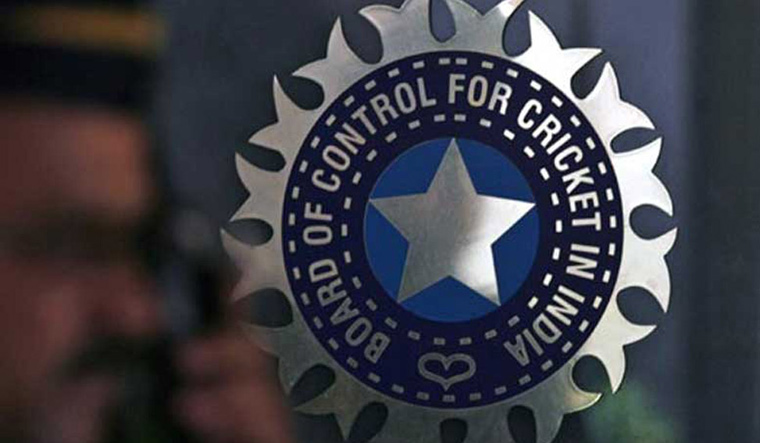In what was music to the ears of cricket administrators, the Supreme Court said that they are “not accepting cooling off period” even as they agree to the process of finalising the new constitution of the Board of Control for Cricket in India as per the Justice R.M. Lodha Committee recommendations. The three-judge special bench of Chief Justice of India Dipak Misra and Justices A.M. Khanwilkar and D.Y. Chandrachud reserved its order for two weeks wherein it will finalise the constitution that is aimed at reforming cricket administration in India.
Chief Justice Misra said, prima facie the court does not agree to a three-year cooling off period as per the Lodha Panel recommendations. This was in response to a 'middle ground' sought by board officials wherein BCCI lawyer Puneet Bali suggested that the court could look at nine years in continuity for elected office-bearers at state and BCCI level each but not on same posts.
Chief Justice Misra said, “Wherever the Amicus's suggestions are not in accordance with common sense, we will accept BCCI suggestions.”
also read
- No there yet: Mumbai Indians' Suryakumar Yadav to miss few more IPL games
- 'The entire IPL will be held in India': BCCI dismisses Dubai rumours
- Part of IPL 2024 may take place in Middle East due to Lok Sabha polls: Report
- 'Chin-up': Ravi Shastri tells Shreyas Iyer, Ishan Kishan after BCCI contract dilemma
- Consequences! Shreyas Iyer, Ishan Kishan dropped from BCCI central contracts after Ranji debacle
The apex court also ordered that High Courts should not accept any pleas demanding appointment of administrators. In case of states already having elections, Justice Misra said “let us finalise the constitution first”.
Once the constitution is finalised by the Supreme Court, states and the BCCI will have to hold elections as per this constitution. States will then send representatives to the BCCI who will form the general body for its elections to take place.
Tamil Nadu Cricket Association and Maharashtra and Haryana mentioned the start-stop phenomenon and Additional Solicitor General Tushar Mehta appearing for the latter two even said, “If a person is fit and the people want to elect him back to office, how can the court stop them from doing so?”
Mehta and Bali also vociferously argued against the 'one sate, one vote' principle which had seen Mumbai, Maharashtra, Vidharba, Gujarat, Saurashtra and Baroda state cricket associations being demoted to associate member status by rotation. The Bench agreed that several “age-old state associations” deserve their full membership status in the BCCI.
This was in spite of Amicus Curiae Gopal Subramanium suggesting that there should be exception in case of Railways and Services but not in case of All India Universities, which had a full member status but no team in Ranji Trophy, and nor do Cricket Club of India and National Cricket Club. In the case 0f CCI, Subramanium even conceded that it had history and a stadium but described NCC as a “garage like structure” in Kolkata.
While announcing that certain modifications will be effected by the court in the original judgement, CJI Misra also said, “Get out of illusion that primary judgement of the court would be recalled.”
The apex court also accepted that three national selectors were not enough to carry out the process of selection and accepted that the system of five national selectors would be reverted to. Subramanium, too, conceded that the demand to have five selectors was irrefutable.


